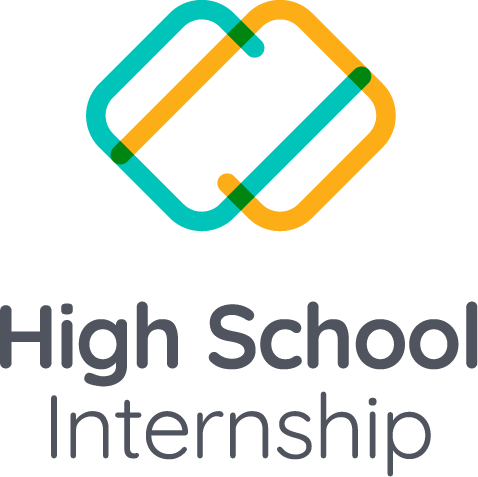Technology has drastically changed the landscape of education. educators must now know how to not only use technology but also how to teach digital skills. However, with any new endeavor, there will be bumps along the way. Here are four common mistakes educators make when trying to implement digital skills pedagogy in their classrooms.
Not Incorporating Technology Into The Classroom From The Start
Technology should be viewed as an instructional tool and not something that is tacked on at the end. When starting to use technology in the classroom, it is important to first consider what outcomes you want and then find or create technology that will help you achieve those goals. There are many great tools out there, but if they don’t align with your goals, they won’t be helpful.
Not Assessing Student Understanding Continuously
With any lesson, formative assessment should be used to check for student understanding. This is especially important when using technology because students can so easily get off task. By continuously assessing student understanding, you can quickly identify students who need additional support and address any misconceptions before they have a chance to solidify. There are many great formative assessment tools out there that can be used with any lesson.
Not Pacing Yourself
When first starting to use technology in the classroom, it is easy to become overwhelmed and try to do too much too quickly. It is important to start small and gradually increase the use of technology over time as you become more comfortable with it. It is also important to remember that implementing change takes time, so be patient with yourself and your students as you all learn and adapt together
Not Getting Feedback From Others
Feedback is essential for growth, whether you are a student or a teacher. When starting to use technology in your classroom, it’s important to seek feedback from others who have more experience using it than you do. Getting feedback from a trusted colleague can help you avoid mistakes, save time, and feel more confident using technology in your classroom.”Take advantage of resources like Twitter or Facebook groups for educators where you can crowdsource advice and solutions.” – Christensen & Creswell
Digital skills pedagogy is widely accepted as being beneficial for educators and students alike. However, as with anything new, there will always be a learning curve involved in its implementation. By avoiding these four common mistakes, educators can set themselves up for success when incorporating digital skills pedagogy into their classrooms.

